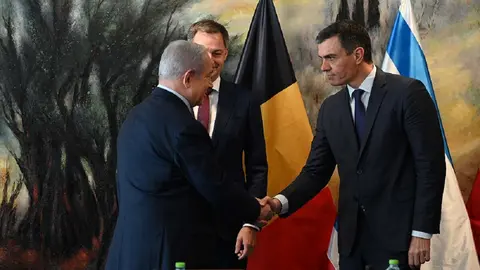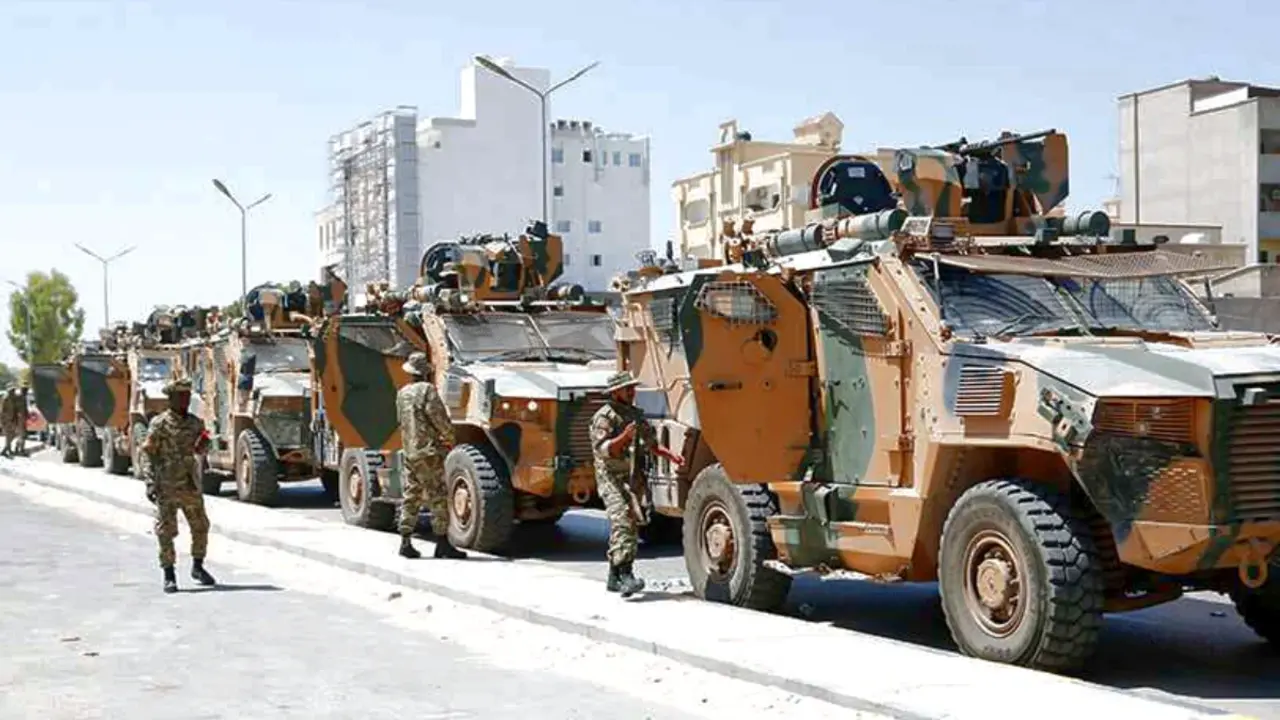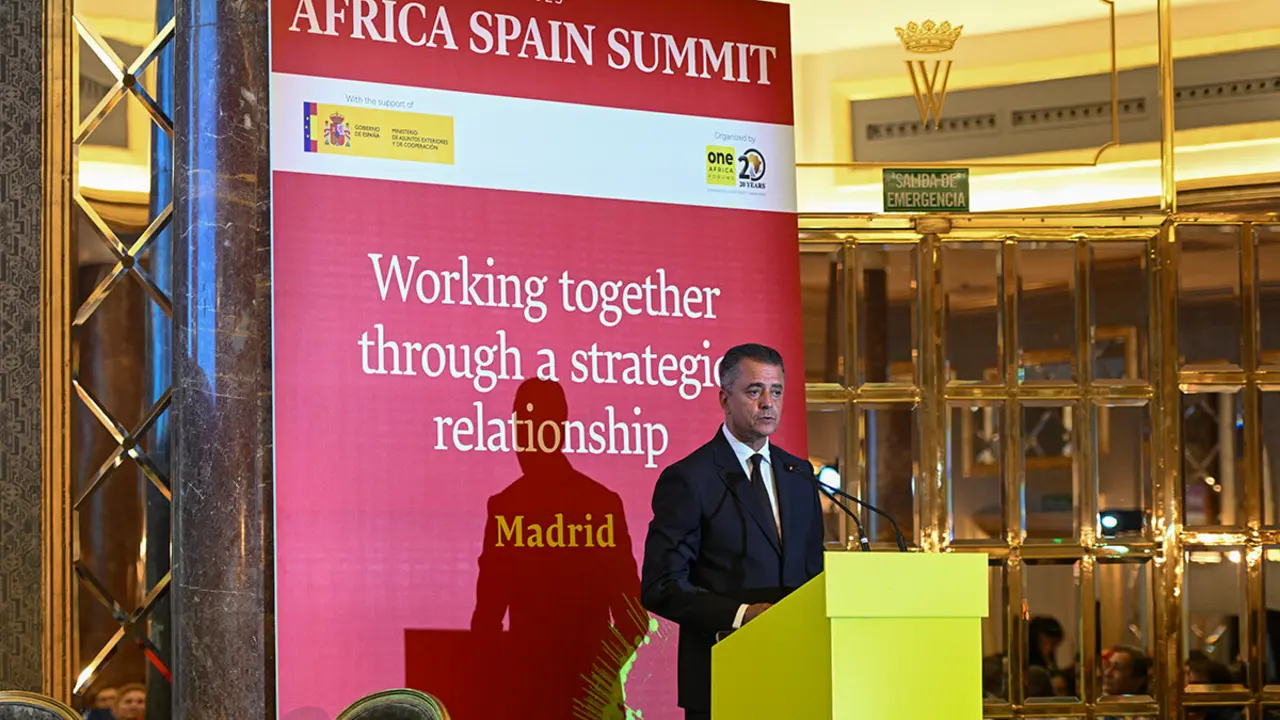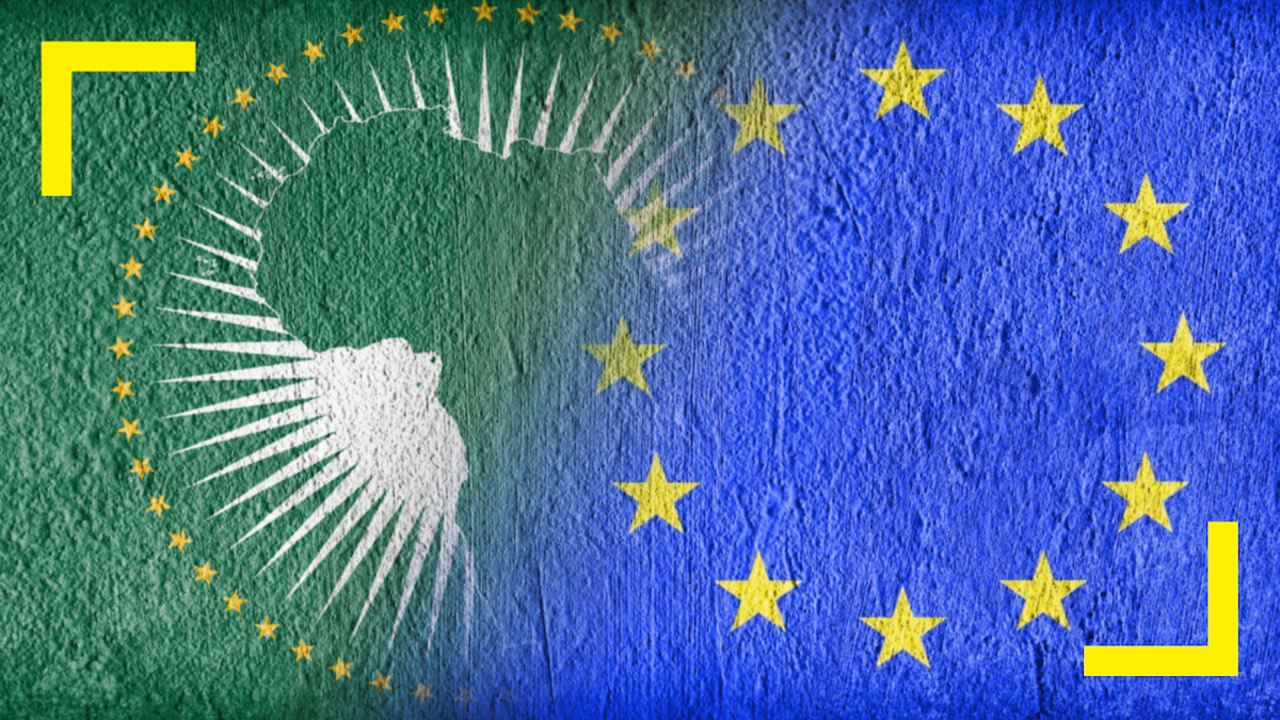Spain, Ireland and Norway formalise recognition of the Palestinian State
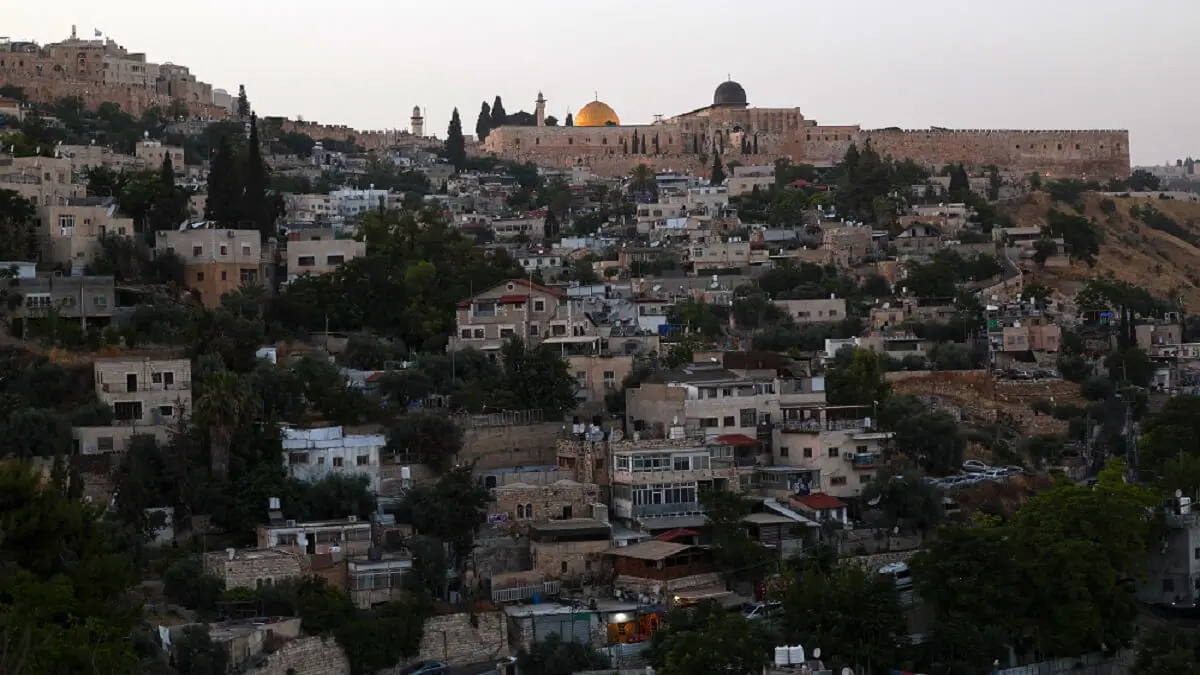
Spain, Ireland and Norway have officially recognised the Palestinian state on Tuesday.
In a historic decision announced last week by these countries, the State of Palestine is now officially recognised, which is a very significant development.
The Spanish President of the Government, Pedro Sánchez, indicated that this "is being done for three reasons that can be summed up in three words: for peace, justice and coherence", assuring that it is the "only way to advance towards peace".
This recognition is a "necessity" in order to "achieve peace" between Israelis and Palestinians, as well as being "a question of historical justice" for the Palestinian people, said Pedro Sánchez in a brief statement in Spanish and English.
This decision is not taken "against anyone, least of all against Israel, a friendly people with whom we want to have the best possible relationship", he said, adding that recognising the Palestinian state reflects the "outright rejection of Hamas, which is against the two-state solution", in words reported by the AFP news agency.
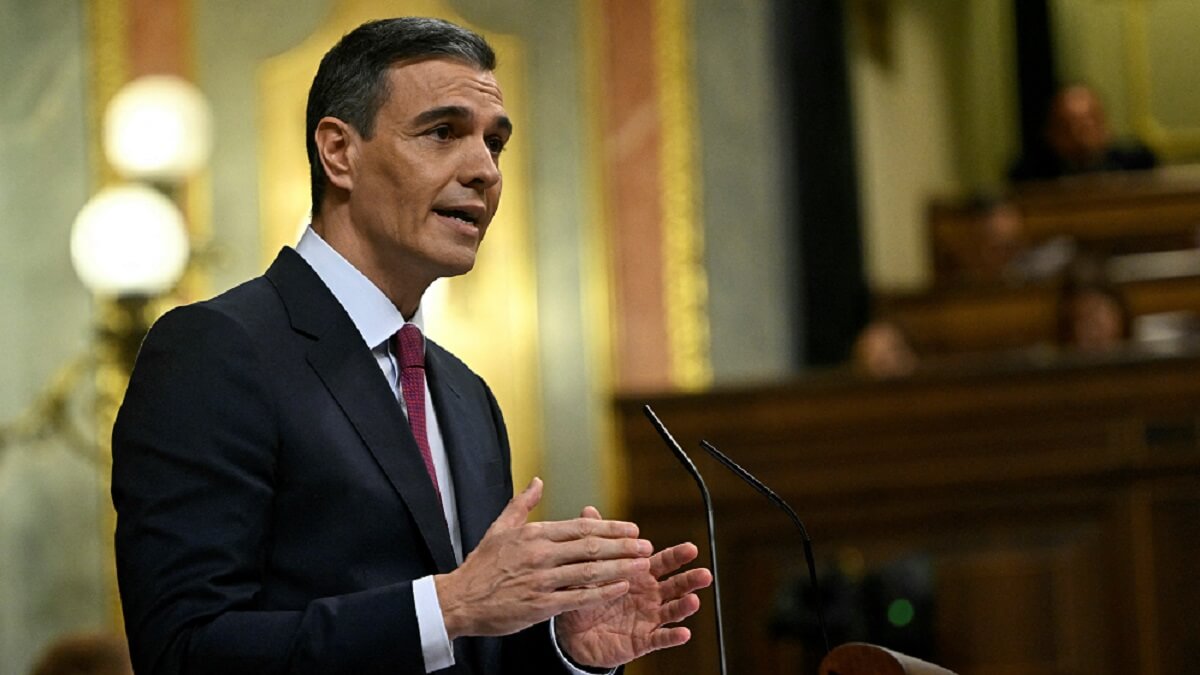
The Spanish Foreign Minister, José Manuel Albares, described this date as a "historic day" for "peaceful and secure coexistence" in the Middle East, after appearing on Monday in Brussels together with the Irish Foreign Minister, Micheal Martin, and the Norwegian Foreign Minister, Espen Barth Eide.
Israel responded harshly to this diplomatic move and, through its Ministry of Foreign Affairs, ordered the recall of its ambassadors to these three countries: Rodica Radian-Gordon, Israel's ambassador to Spain, Dana Erlizh, ambassador to Ireland, and Avi Nir-Feldklein, Israeli ambassador to Norway.
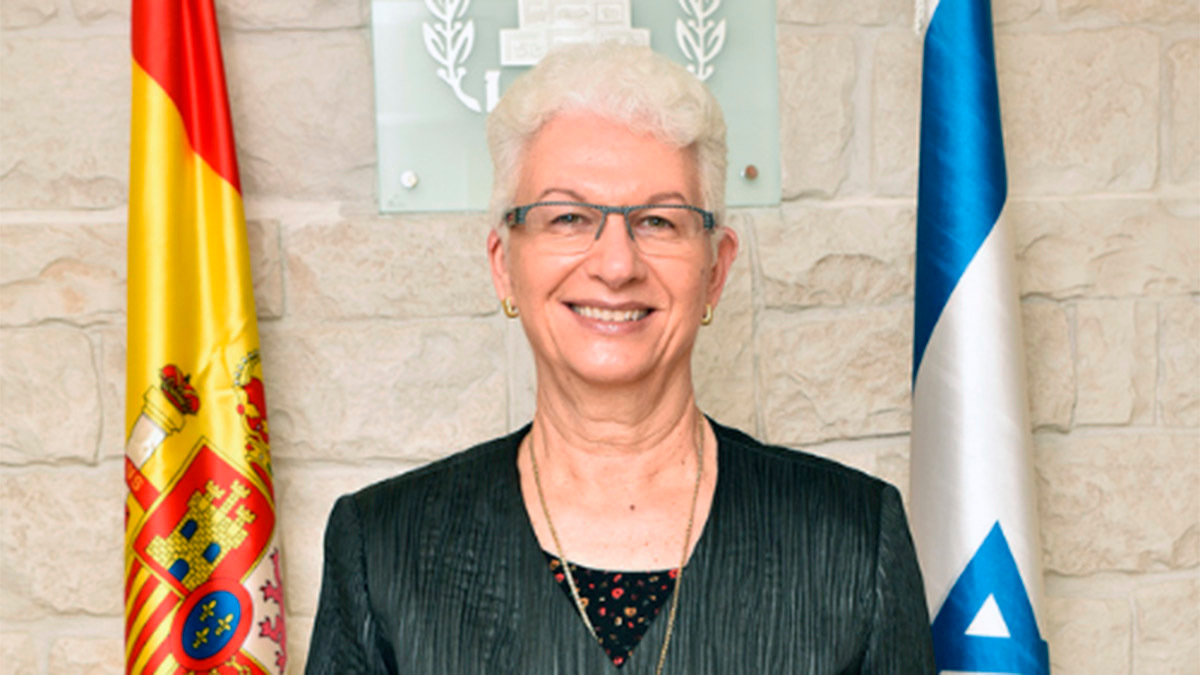
The Israeli state also made an official protest to the ambassadors of these nations on its own territory and, in the case of Spain, has given the order to prevent consular attention to the Palestinians, all to show its total opposition to this measure, as it considers that recognising the Palestinian state now is a reward and recognition of the Hamas terrorist group that perpetrated the terrible attack of 7 October on Israeli territory that left around 1,200 people dead and hundreds attacked and kidnapped.
Israel responded forcefully to this offensive on home soil and launched the current Gaza war against Hamas, which has already resulted in tens of thousands of deaths and in which a negotiated solution is being sought with the mediation of various nations such as the United States, Egypt and Qatar.
"We hope that our recognition and our reasons will help other Western countries to follow this path, because the more of us there are, the more strength we will have to impose a ceasefire," declared the Spanish President of the Government, Pedro Sánchez.
Palestinian President Mahmoud Abbas expressed his gratitude for the decision and described it as "courageous", saying that it favours an "international consensus" to put an end to the war in Gaza.
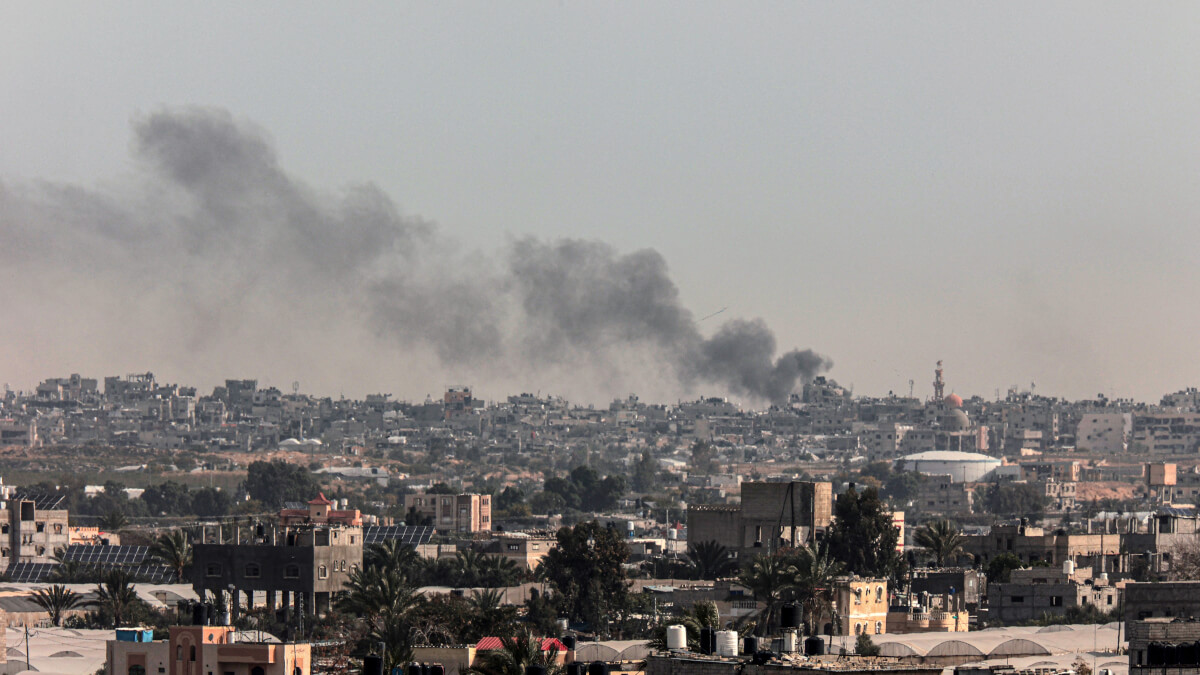
Landmark decision
On 15 November 1988, Algeria became the first country to recognise the state of Palestine when Yasser Arafat, former president of the Palestinian Authority, proclaimed independence from Algiers. In the same year, 81 other states joined the recognition movement.
The determination of Spain, Ireland and Norway to recognise the Palestinian state is highly significant, since, apart from Sweden and Iceland, no properly Western state had so far made this determination.
Meanwhile, several Eastern European countries, including the Czech Republic, Poland and Hungary, had announced their recognition of Palestine before the collapse of the Union of Soviet Socialist Republics (USSR).
There are now 142 countries in the United Nations (UN) that recognise the Palestinian people, nearly 75% of all the states in the world. In Europe, nine countries have already officially recognised the Palestinian people.
The option of establishing a State of Palestine to resolve the long-running Palestinian conflict has been on the table for many years. The international community has long been working on the formula of two simultaneous states to settle the Israeli-Palestinian dispute. But there have always been drawbacks that have prevented agreement, such as the powers of the Palestinian state and the exact extension of the Palestinian and Israeli state in the face of the dispute over nearby territories. All this together with the controversy over the capital of Jerusalem, an enclave of utmost importance for the three major monotheistic religions: Christianity, Judaism and Islam.


